2024 Recognition Categories
Recognition Categories
The Smarter Small Buildings Campaign shines a spotlight on outstanding achievements in HVAC controls within small commercial buildings.
Best Practice - New Installation
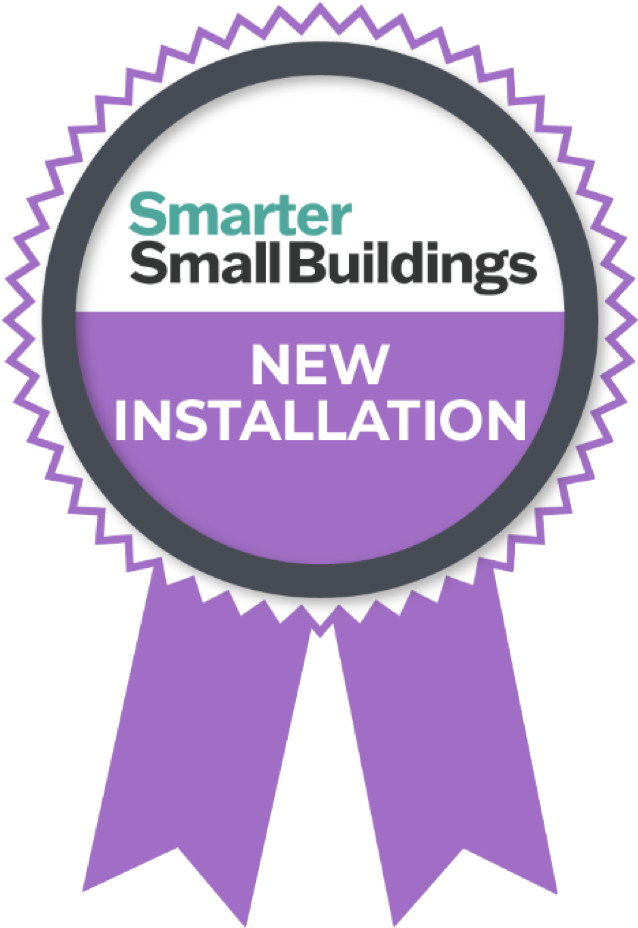 Category Description: The campaign seeks to recognize exemplary approaches to planning, piloting, and implementing HVAC control upgrades in existing buildings and for new construction projects. Some examples include:
Category Description: The campaign seeks to recognize exemplary approaches to planning, piloting, and implementing HVAC control upgrades in existing buildings and for new construction projects. Some examples include:
- Pilot implementation that demonstrates the benefits of controls (lighting, HVAC, etc.) with detailed data on aspects such as measurement & verification, indoor air quality
- Plans for rapid roll-out of control technology across many small buildings
- Comprehensive & thoughtful approach to engaging internal stakeholders to define requirements
Best Practice - Operations & Maintenance
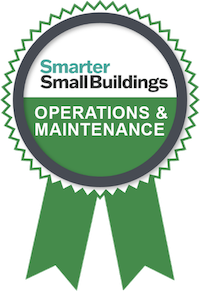 Category Description: The campaign seeks to recognize exemplary approaches to ongoing management of controls that exhibit best practices. If you have an O&M plan document that you are willing to share, please upload a PDF with your recognition submission
Category Description: The campaign seeks to recognize exemplary approaches to ongoing management of controls that exhibit best practices. If you have an O&M plan document that you are willing to share, please upload a PDF with your recognition submission
- Engaging stakeholders (e.g. maintenance team and/or third party contractors) to develop a comprehensive O&M plan
- Incorporation of workforce training to ensure staff have the skills and tools necessary to effectively manage the controls system
- Documentation of follow-through on implementing improvements recommended through use of controls
- Improved process for maintenance staff, with an emphasis on ease of use
- Implementing an occupant-centered O&M approach to minimize discomfort and disruption
High Impact
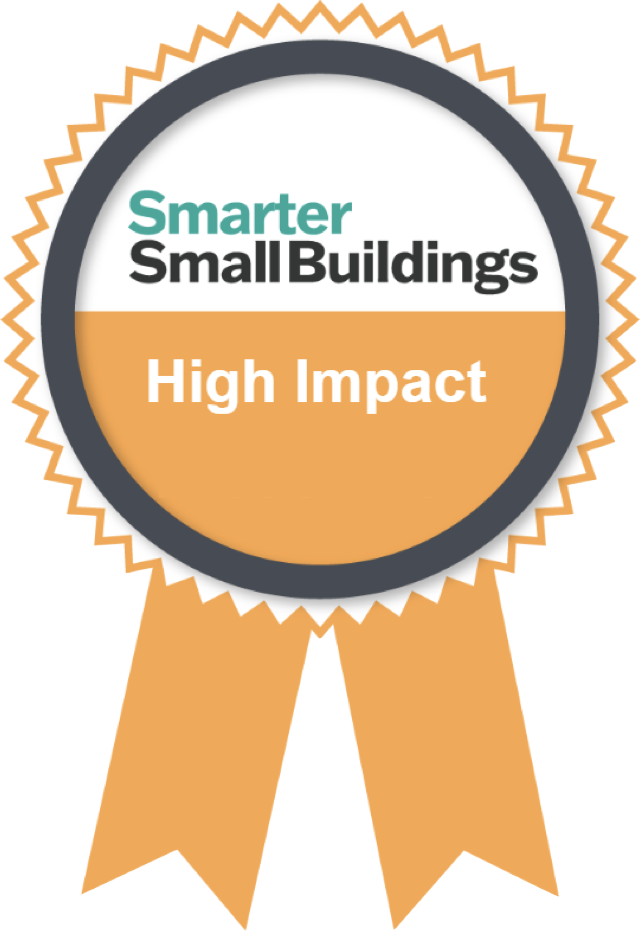 Category Description: The campaign seeks to recognize projects where the deployment of the controls solution had a significant positive impact on the building and/or occupants. Some examples of high impact projects include:
Category Description: The campaign seeks to recognize projects where the deployment of the controls solution had a significant positive impact on the building and/or occupants. Some examples of high impact projects include:
- Significant energy and/or cost savings (individual building or portfolio)
- Improved occupant comfort and/or productivity documented with data such as the reduction of hot/cold calls or occupant complaints through a work order system
- Improved indoor air quality
- Installation of controls completed in conjunction with other HVAC upgrades
Innovation
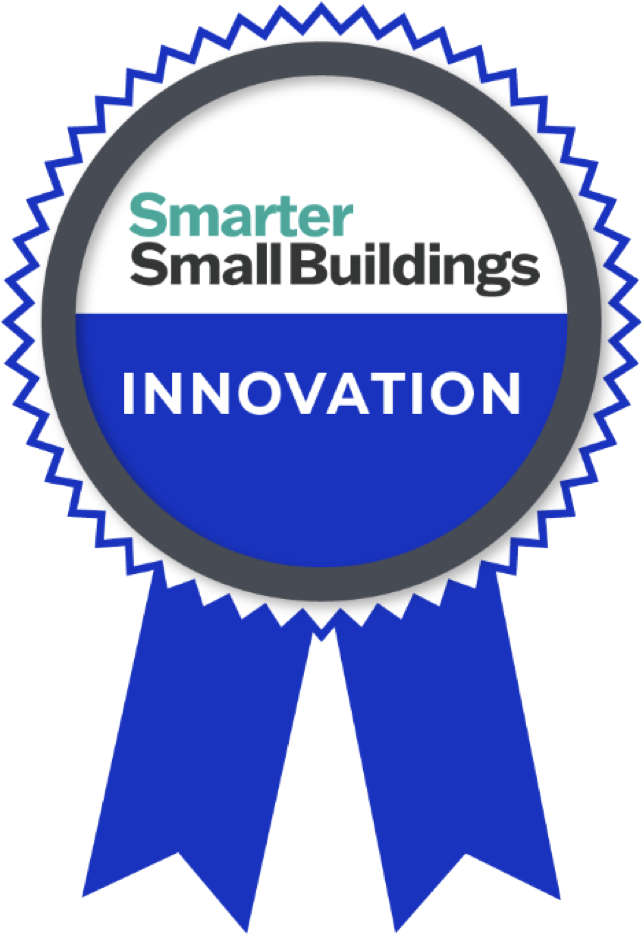 Category Description: The campaign seeks to recognize innovative approaches to ongoing management and implementation of controls. Some examples include:
Category Description: The campaign seeks to recognize innovative approaches to ongoing management and implementation of controls. Some examples include:
- Unique use of alarming and analytics
- Implementation of additional control hardware and/or sensors that allow for innovative management of buildings (e.g. occupancy sensors, demand controlled ventilation)
- Deployment of load management strategies such as: participation in demand response programs, peak load optimization, on-site thermal and/or battery storage that reduces on-peak load
Energy Access, Affordability, And Resilience (for Building Owners)
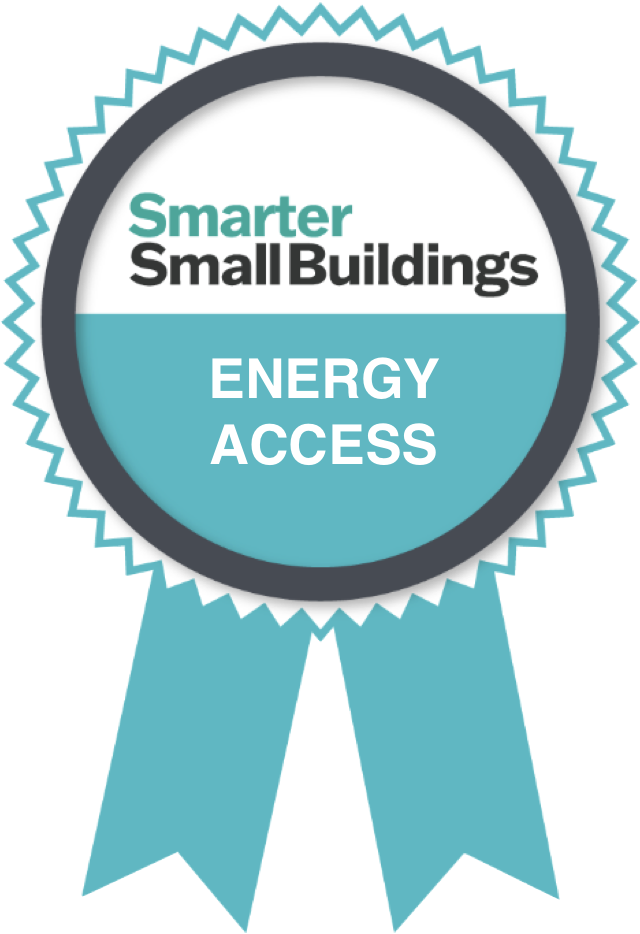 Category Description: The campaign seeks to recognize projects that successfully incorporate energy access, affordability, and resilience. Some examples include:
Category Description: The campaign seeks to recognize projects that successfully incorporate energy access, affordability, and resilience. Some examples include:
- Installation of RTU controls in a building or buildings located in a hard-to-reach communities
- Installation of RTU controls in a building or site that offers benefits to local communities (e.g., installation of RTU controls at a food bank; a project that combines education on the energy savings approaches; a plan for donating or sharing cost and energy benefits with local communities, etc.)
- The project or installation supports community resiliency (e.g., can be used to offset burdens expressed in the community, especially during natural disasters)
Energy Access, Affordability, And Resilience - (for Supporting Partners)
 Category Description: The campaign seeks to recognize Supporting Partners for efforts to support and encourage the use of RTU controls that also support energy access, affordability, and resilience. Some examples include:
Category Description: The campaign seeks to recognize Supporting Partners for efforts to support and encourage the use of RTU controls that also support energy access, affordability, and resilience. Some examples include:
- Organizations or individuals offering high-quality jobs that are accessible to those in hard-to-reach communities through workforce training programs or other pathways
- Organizations or individuals who prioritize accountability to local communities by signing Community Benefits Agreements (CBAs) or by otherwise contributing towards positive outcomes of surrounding communities, minimizing burden, or decreasing environmental exposure to toxins or dangerous chemicals
- Organizations or individuals who show a thoughtful and considered approach to company-level resilience plans and protocols (e.g., internal/corporate Environmental, Social, and Governance policies) that are based on research and data and show actual or planned impact
Economical Solutions
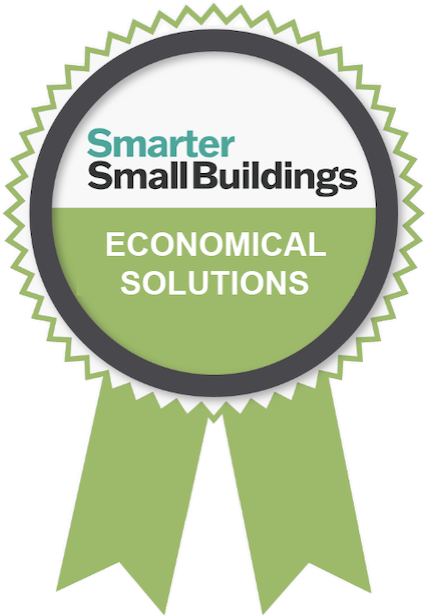 Category Description: The campaign seeks to recognize organizations upgrading their RTU controls in a way that leverages human and financial resources in efficient and/or innovative ways. Some examples include:
Category Description: The campaign seeks to recognize organizations upgrading their RTU controls in a way that leverages human and financial resources in efficient and/or innovative ways. Some examples include:
- Affordable software upgrades to enable improved control without requiring new hardware
- Rapid implementation of improved RTU controls leveraging internal staff and external resources effectively
- Effective or creative use of financing/incentives/grants to manage first and ongoing costs
- Innovative approaches to achieving advanced control capabilities at low cost, such as educational institutions engaging students in control and monitoring improvement efforts